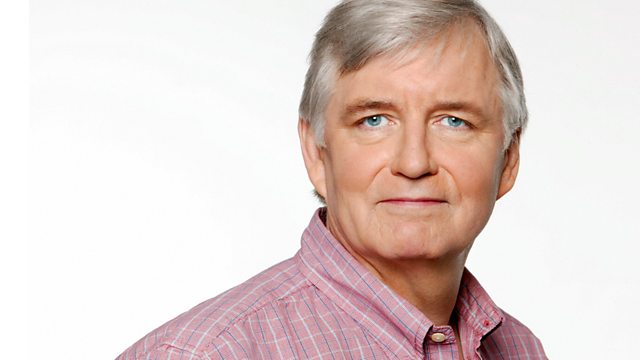The Earliest Americans
The discovery of human fossil faeces from a cave in Oregon pushes back the date for the first humans in North America by over a thousand years.
The Earliest Americans
The discovery of human fossil faeces from a cave in Oregon pushes back the date for the first humans in North America by over a thousand years and supports the idea that Native Americans were living there at least 1000 years before the well known Clovis culture.
TB Transmission
TB kills two million people around the world each year, and efforts to combat the disease have been thwarted by the fact that researchers know very little about the life cycle of the TB bacterium. Researchers have finally uncovered the state of the bacteria as they pass from one person to another. It opens a new window on ways to develop new treatments to stop TB spreading and treat it more effectively.
Antarctic Tourism
And as tourism continues to grow in Antarctica, what effect is a growing human presence having on the continent’s fragile ecosystem? Gabrielle Walker reports from Port Lockroy, a small island on the Western side of the Antarctic Peninsula.
Sleeping On It
It's been thought that sleep is necessary for consolidating memories but little is known about what changes in the brain occur to achieve this. Gabriel Horn of Cambridge University discusses his team's latest research into how new memories become stabilised in the brain for long term use.
Last on
More episodes
Previous
Next
Broadcast
- Thu 3 Apr 2008 21:00Βι¶ΉΤΌΕΔ Radio 4

